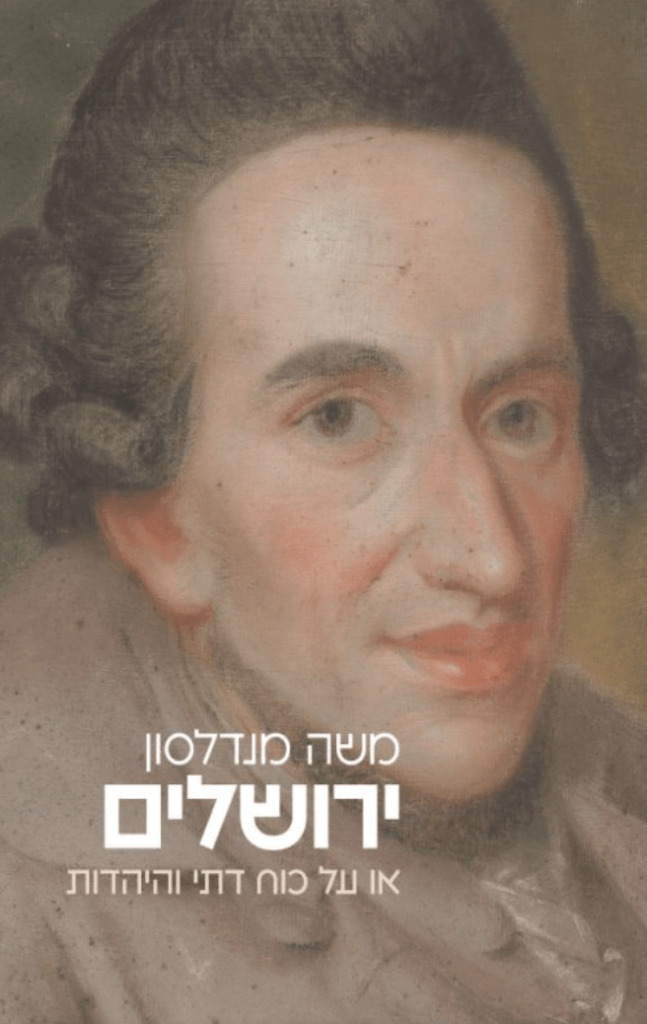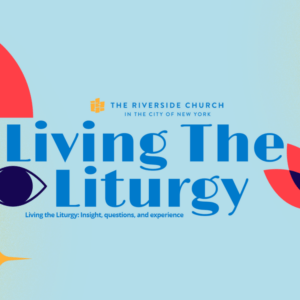
Moses Mendelssohn Returns to Jerusalem
Sunday, March 31, 1:00–3:00 p.m. EST
Center for Jewish History
15 West 16th Street New York, NY 10011
This symposium marks the first Hebrew translation of Moses Mendelssohn’s Jerusalem in seventy-five years. Join us in-person at the Center for Jewish History for a talk by Professor Shmuel Feiner, Professor Emeritus of Modern Jewish History at Bar-Ilan University and editor of the new Jerusalem, and a panel discussion with:
Professor Michah Gottlieb, NYU (Moderator)
Professor Shira Billet, Assistant Professor of Jewish Thought and Ethics, JTS
Professor Leah Hochman, HUC-JIR
Jonathan Green, NYU
Professor Jacob J. Schacter, YU
A limited number of copies of the new translation will be available for purchase at a discounted rate. These books are not available anywhere else in the US.
Organized by Skirball Department of Hebrew and Judaic Studies, New York University and LBI, co-sponsored by Bernard Revel Graduate School of Jewish Studies, Center for Jewish History, Hebrew Union College – Jewish Institute of Religion, and JTS Hendel Center for Ethics and Justice.
About the Talk
This symposium marks the first Hebrew translation of Moses Mendelssohn’s Jerusalem in seventy-five years. Moses Mendelssohn (1729–1786) wrote Jerusalem with his back to the wall. His Jewish identity and liberal outlook were challenged in the public sphere of the German Enlightenment, and this was his last opportunity to write a book that would perpetuate the essence of his faith and his values as the first modern Jewish humanist. The work, which moves between apologetics for his faith and political and religious philosophy was primarily a daring essay that categorically denied the rule of religion and advocated tolerance and freedom of thought. Neither the state nor the church had the right to govern a person’s conscience; and, no less far-reaching and pioneering: these values are consistent with Judaism. In the summer of 1783, seven years after the resounding voice of protest against tyranny and in favor of liberty and equality was heard in the American Declaration of Independence, less than six years before the French Revolution, but only two years and two months before his death, the man who was called the “German Socrates,” a highly prominent figure in the Enlightenment, published one of the fundamental documents in Jewish modernity.




